Essential Care Tips for Indoor Succulents
1. Soil: Prioritize Drainage Above All
Recommended Mix: 3 parts potting soil + 2 parts coarse sand (or perlite) + 1 part pumice. This blend prevents excess moisture from lingering;
Ready-Made Option: Choose "cactus & succulent potting mix" (avoid standard indoor plant soil, which retains too much water);
Pot Choice: Use containers with drainage holes (terracotta pots are ideal—they absorb excess moisture through the material). Avoid decorative pots without holes unless you use a plastic liner with drainage.
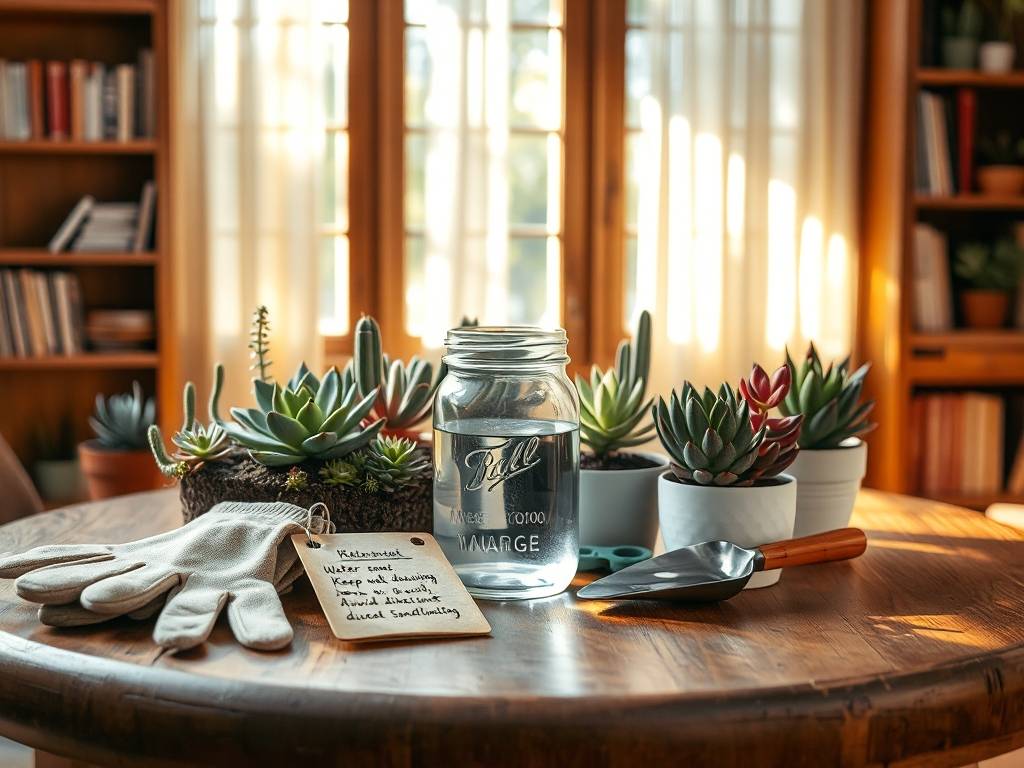
2. Light: Give Them Plenty of Bright, Indirect Sun
Best Placement: South-facing windowsills (4-6 hours of daily light) or west-facing windows. If light is limited, supplement with a LED grow light (set to 12-14 hours a day, placed 6-12 inches above the plants);
Signs of Light Issues:
Insufficient light: Leggy growth (stretched stems), pale leaves, or leaves leaning toward the light source;
Too much direct sun: Brown, scorched spots on leaves (especially in summer);
Rotate Regularly: Turn pots 90° every 2 weeks to ensure even growth (prevents lopsided plants).
3. Watering: "Soak and Dry" Is the Golden Rule
How to Water: Wait until the soil is completely dry (check by sticking your finger 2-3 inches deep into the soil; if it feels dry all the way down, it’s time to water). Water thoroughly until it drains out the bottom of the pot (this flushes out excess salts from fertilizer);
Frequency: Typically once every 1-3 weeks, depending on conditions—less often in winter (when growth slows) and more often in summer (when it’s warm and dry);
Mistakes to Avoid:
Never water on a schedule (always check soil dryness first);
Don’t mist succulents (their leaves don’t need humidity—misting can lead to rot);
Avoid getting water on the leaves (especially in tight rosettes, where moisture can get trapped).
4. Temperature & Humidity: Keep It Warm and Dry
Ideal Temperature: 60-80°F (15-27°C) during the day; 50-65°F (10-18°C) at night. Protect them from temperatures below 40°F (4°C)—most succulents can’t tolerate frost;
Humidity: Avoid high-humidity areas like bathrooms (unless you have a well-ventilated one). If your home is humid, use a small fan to improve air circulation around the plants (prevents fungal growth).
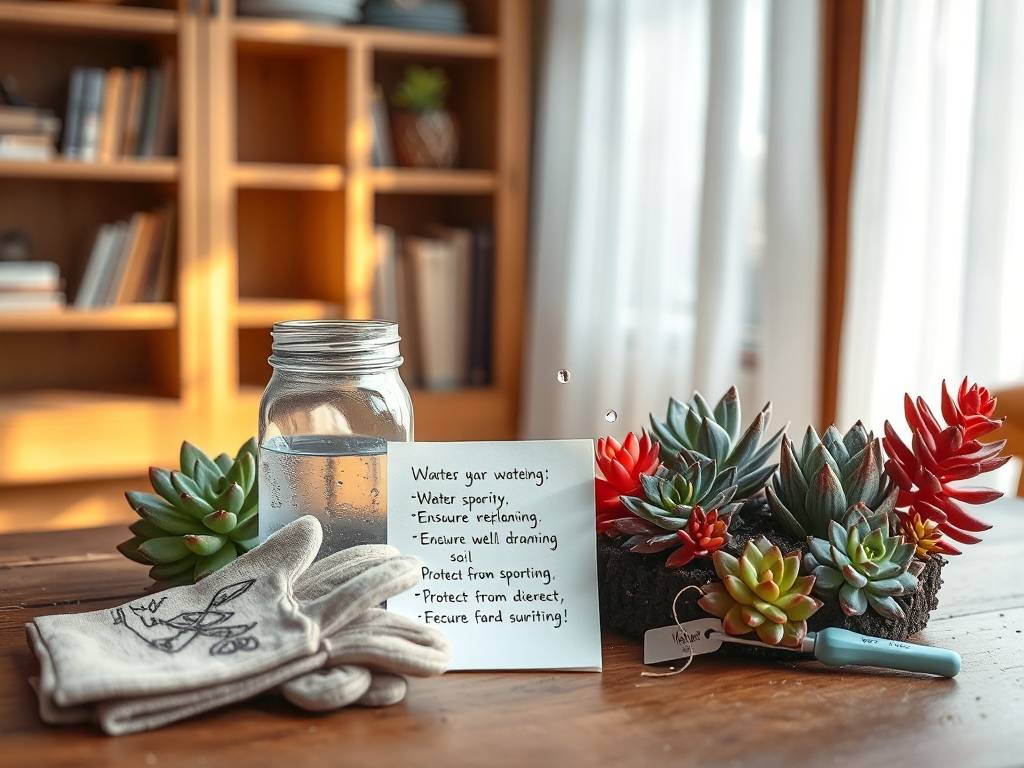
5. Fertilizing: Feed Sparingly (Only in Growing Season)
When to Feed: Only during the active growing season (spring and summer). Stop fertilizing in fall and winter (growth slows or stops);
Fertilizer Type: Use a diluted, balanced fertilizer (e.g., 10-10-10) or a specialized "cactus & succulent fertilizer." Dilute it to half the recommended strength;
Frequency: Apply once every 4-6 weeks (over-fertilizing causes weak, leggy growth).
II. Common Problems & Solutions
1. Soft, Mushy Leaves (Root Rot)
Cause: Overwatering or poor drainage (roots sit in water and decay);
Solution:
Remove the plant from its pot and gently brush off soil from the roots;
Cut off all soft, brown, or mushy roots with clean, sharp scissors (sterilize scissors with rubbing alcohol first);
Let the plant dry out for 1-3 days (until the cut roots form a callus);
Repot in fresh succulent soil and a clean pot with drainage holes—water lightly only after 1 week.
2. Wrinkled, Shriveled Leaves
Cause: Underwatering (the plant is using up its stored water);
Solution: Water thoroughly (following the "soak and dry" rule). Leaves should plump up within 1-2 days. If they don’t, check for root rot (shriveling can also happen if roots are too damaged to absorb water).
3. Pests (Mealybugs, Aphids)
Common Pests: Mealybugs (white, cottony clusters on leaf joints) and aphids (tiny green/brown bugs on new growth);
Solution:
Wipe small infestations with a cotton swab dipped in rubbing alcohol;
For larger infestations, spray with a diluted insecticidal soap (1 teaspoon soap + 1 quart water) every 7 days until pests are gone;
Isolate infested plants to prevent pests from spreading to others.
III. Pro Tips for Thriving Succulents
Avoid Overcrowding: Give succulents space to grow—overcrowded pots trap moisture and limit light;
Prune When Needed: Trim dead leaves from the base (use clean scissors) to prevent rot and improve air flow;
Propagate Easily: Most succulents can be propagated from leaves—pluck a healthy leaf, let it callus for 2-3 days, then lay it on top of succulent soil (water lightly once a week until roots form);
Don’t Move Suddenly: If moving succulents to a brighter spot, acclimate them gradually (increase light by 1 hour a day over 1 week) to avoid sunburn.
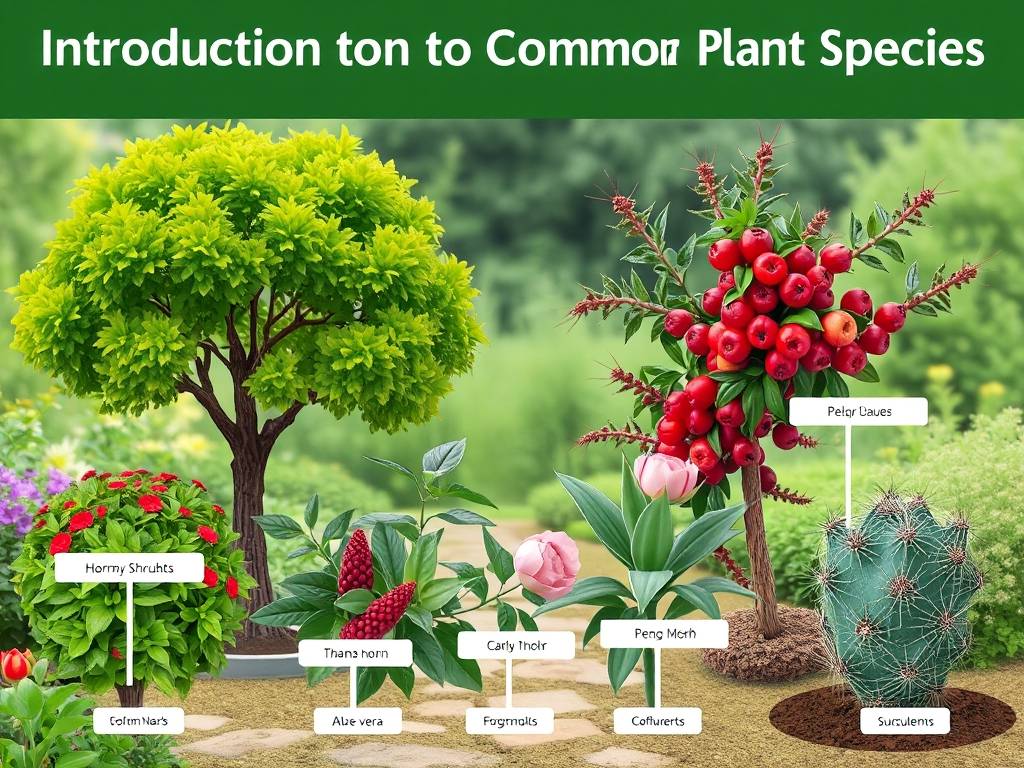
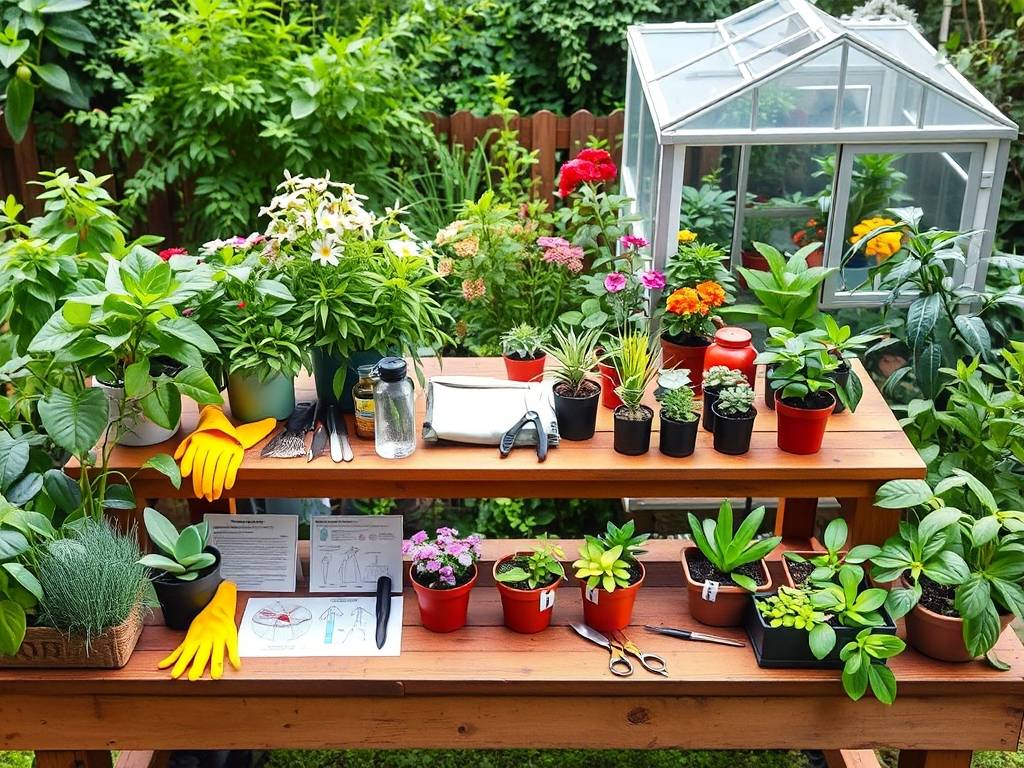
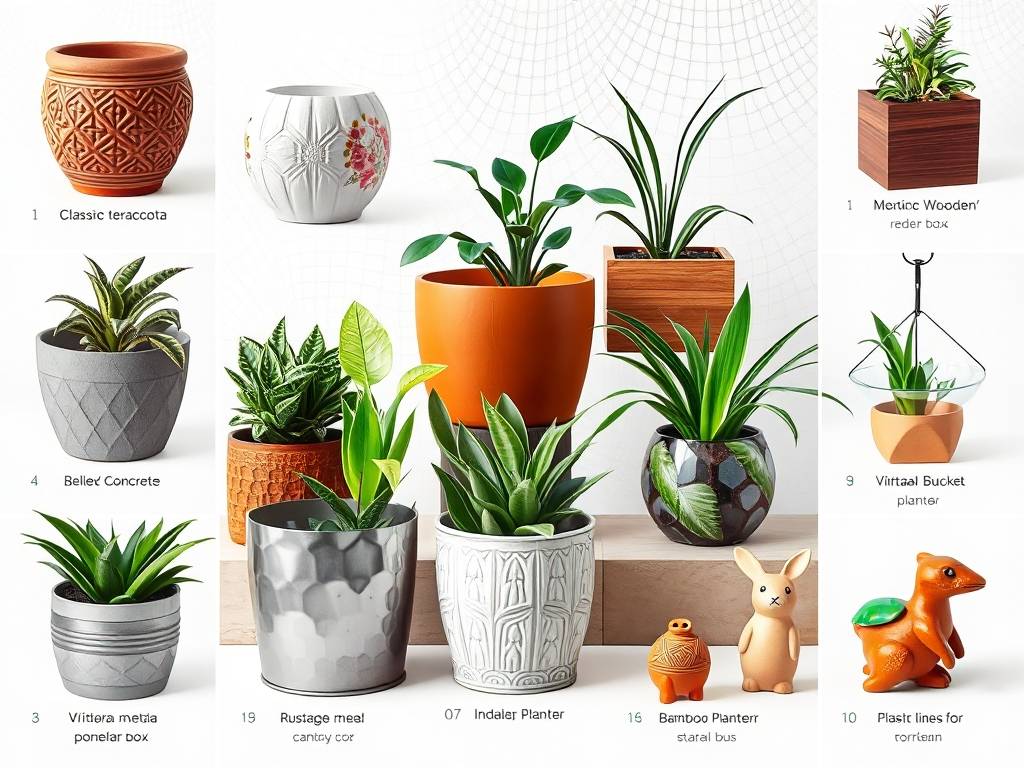
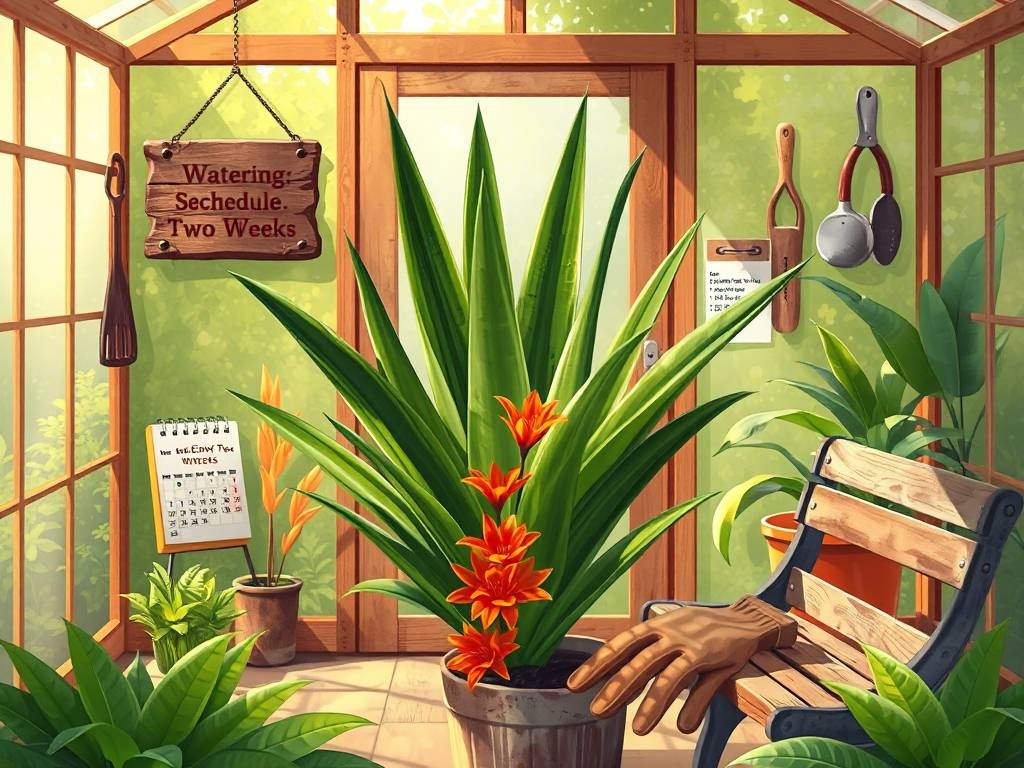
发表评论